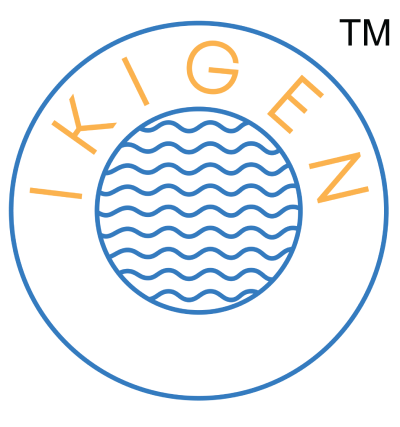What is Collagen?
What is Collagen made of?
Collagen is a long fibrous protein made up of multiple Amino Acids, that is found in the connective tissue of animals, including humans. It is the most abundant protein in the human body and is a major component of skin, tendons, cartilage, ligaments, and bones. Collagen is responsible for providing structural support to tissues and helping to maintain their strength and elasticity. It is also involved in wound healing and the maintenance of healthy skin. Collagen is found in various forms in the body, including blood vessels, corneas, and teeth and as a structural protein in the extracellular matrix and as smaller proteins that are involved in tissue repair. Collagen is produced by cells called fibroblasts, which are found in connective tissue throughout the body. Collagen makes for 33% of all the protein in our body. Collagen is known for its ability to provide strength and support to tissues and plays an important role in skin elasticity and hydration. Collagen tissues may be rigid (like bones) or flexible (like tendons) depending on their degree of mineralization.
Collagen Types
There are several different types of collagen, each with unique properties and functions in the body. The most common types are:
- Type I collagen: The most abundant type of collagen in the body and is found in skin, tendons, ligaments, and bones. It is responsible for giving these tissues their strength and elasticity.
- Type II collagen: This is found in cartilage and is important for joint health. It provides cushioning and shock absorption in the joints.
- Type III collagen: This is found in skin, muscles, and blood vessels and provides structure and support.
- Type IV collagen: This is found in the basement membrane, a thin layer of tissue that surrounds the cells and organs. It plays a role in the structure and function of these cells and organs.
- Type V collagen: This is found in hair, placenta and some internal organs.
- Type X collagen: This is found in cartilage and is important for the proper formation and maintenance of bones.
These are not the only types of collagen but are the most studied and researched.
Sources of Collagen
Collagen can be obtained from a variety of animal sources such as bovine, porcine, marine, chicken, and eggshell membrane.
- Beef: Collagen from beef is typically sourced from the hides, bones, and cartilage of cows. It is a rich source of type I and III collagen.
- Chicken: Collagen from chicken is typically sourced from the bones and cartilage of chickens. It is a rich source of type II collagen.
- Fish: Collagen from fish is typically sourced from the skin, bones, and scales of wild-caught, deep sea fish or aquaculture, inland and freshwater fish. It is a rich source of type I collagen.
- Pig: Collagen from pig is typically sourced from the bones, tendons and skin of pigs. It is a rich source of type I and II collagen.
- Eggshell membrane: Collagen in eggshell membrane is a source of Type I, II, V and X collagen, it is obtained from the thin film that covers the inside of an eggshell.
- Marine sources: Collagen from marine sources such as shark, crab, and lobster shells are also rich in Type I collagen.
IKIGEN offers Fish Collagen Peptides and research shows that absorption rate of Fish or Marine collagen is 1.5 times higher than other sources.
Loss of Collagen
Collagen is produced naturally in the body and the levels of collagen start declining with age, the collagen breakdown process intensifies and the quality of Collagen starts deteriorating. The evident symptoms for decreased collagen levels are dry and wrinkled skin, loss of muscle mass ,stiff joints and body aches. Collagen is found in a variety of foods, including animal-derived products like meat, poultry, and fish, as well as eggs and dairy products. Vegetarian sources like Citrus fruits, berries, leafy greens, peppers, beans, nuts are thought to boost collagen production.
Collagen Supplements
Collagen is made up of long chains of Amino Acids and human body cannot directly absorb collagen as is. The collagen used in supplements is hydrolyzed and broken down into smaller molecules for better absorption. The body further breaks down the collagen into amino acids and with other nutrients like Vitamin C and Zinc, the collagen production can be boosted and the amino acids make up for the loss of natural collagen.
How much collagen should I consume daily?
There is no recommended daily intake for collagen but regular consumption of up to 20grams of Collagen per day has shown great results in improving the health of joints, skin, hair and nails and general well-being. People with rigorous physical activity can consume 20g of Collagen daily but those with sedentary lifestyle can take up to 10g.
